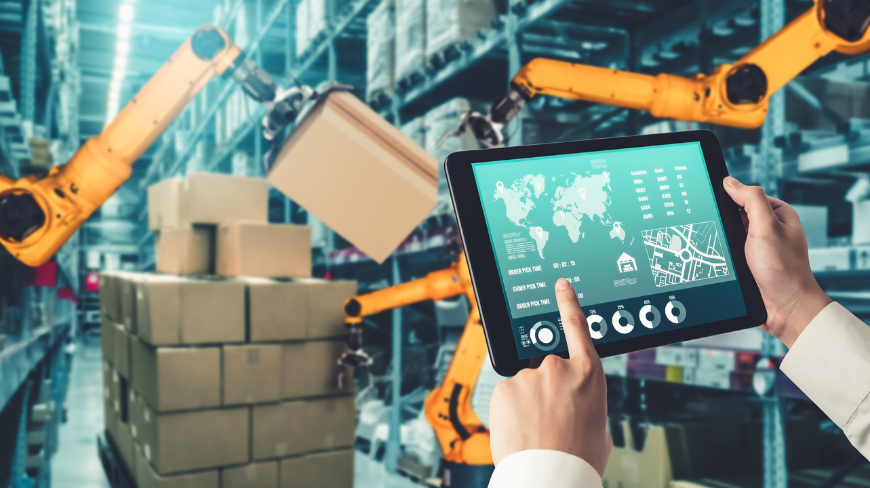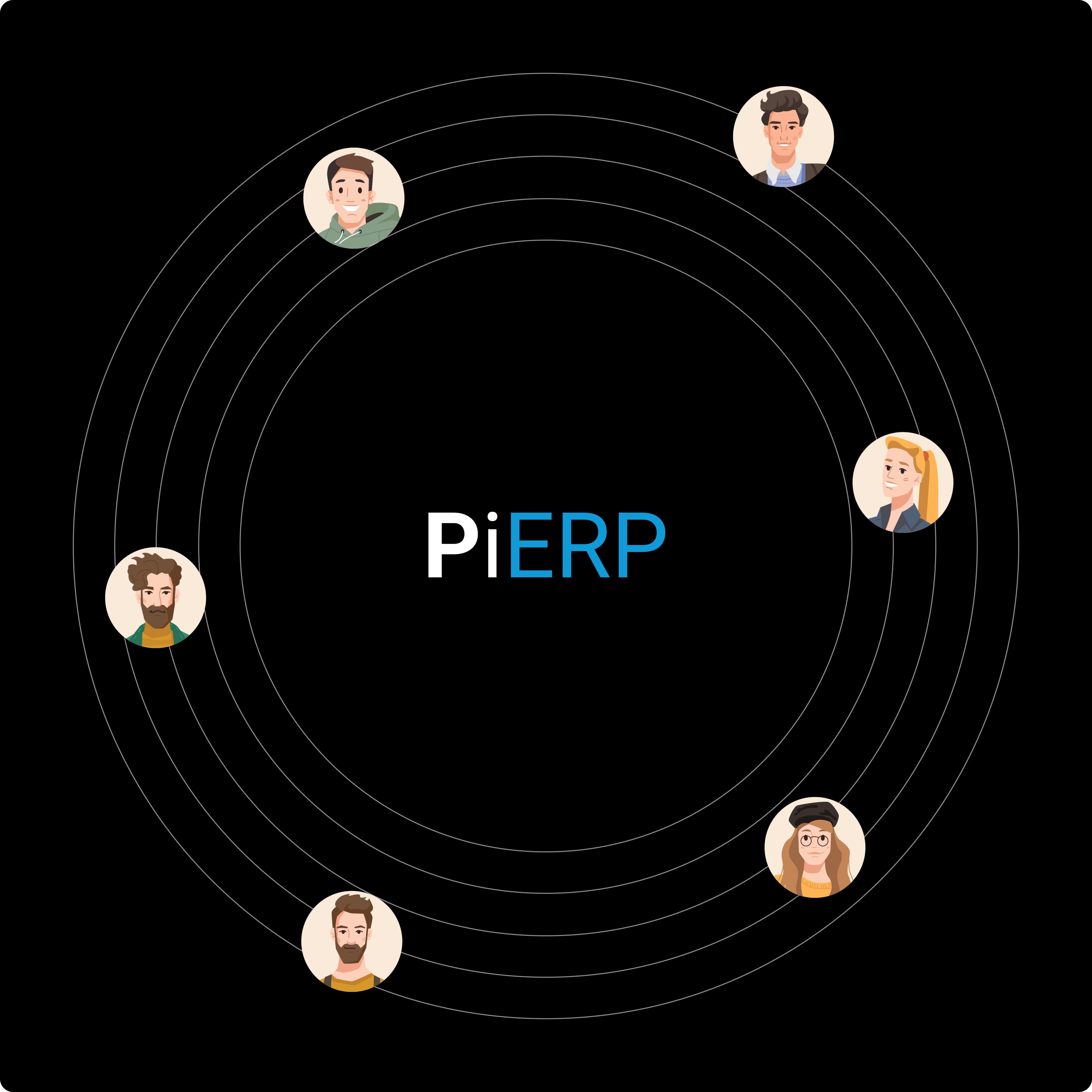In today's fast-paced global market, businesses need to ensure their supply chain and logistics operations are agile, efficient, and data-driven. One of the most powerful tools helping companies achieve this is ERP software (Enterprise Resource Planning). Solutions like PiERP ERP Software offer end-to-end visibility and control across the entire supply chain—transforming challenges into opportunities.
What is ERP Software?
ERP software integrates various business processes into a single unified system, including finance, procurement, inventory, warehousing, production, sales, and human resources. When applied to supply chain and logistics, ERP creates a centralized hub for real-time data and process automation.
Key Benefits of ERP in Supply Chain & Logistics
1. Enhanced Real-Time Visibility
An ERP system offers real-time data tracking for orders, inventory levels, shipment status, and supplier performance. With PiERP’s real-time dashboards, businesses can identify bottlenecks, reduce delays, and make informed decisions faster.
2. Improved Inventory Management
ERP automates stock tracking across multiple locations, reducing the risk of overstocking or stockouts. The PiERP Inventory Management module ensures accurate forecasting and timely replenishment, which is critical for maintaining a smooth supply chain.
3. Optimized Procurement and Supplier Relationships
Automated procurement workflows streamline vendor selection, purchase order generation, and payment processing. PiERP enables supplier performance monitoring and helps in building reliable partnerships through accurate and transparent data.
4. Better Demand Forecasting
PiERP’s advanced analytics tools allow companies to predict future demand by analyzing historical data, seasonal trends, and market behavior. This leads to better planning and reduced carrying costs.
5. Seamless Logistics & Warehouse Management
ERP software integrates transportation planning, order fulfillment, and warehouse operations. With PiERP, logistics managers can track shipments, allocate resources efficiently, and ensure timely deliveries to customers.
6. Compliance and Risk Management
ERP systems help ensure compliance with international trade regulations, environmental standards, and industry best practices. Features such as audit trails and document management in PiERP minimize the risk of legal or operational issues.
Why Choose PIERP for Supply Chain & Logistics?
PiERP offers a comprehensive and customizable ERP platform designed to support modern supply chain and logistics challenges. Whether you're a manufacturing firm, a distributor, or a logistics provider, PiERP delivers the tools you need to:
- Reduce operational costs
- Accelerate delivery times
- Improve customer satisfaction
- Scale your business operations
Explore how PiERP ERP Software can revolutionize your supply chain today.
Final Thoughts
Efficient supply chain and logistics management is no longer optional—it’s a strategic necessity. By investing in a robust ERP solution like PiERP, businesses gain a competitive edge through data-driven insights, process automation, and operational agility.
Ready to streamline your supply chain operations? Get started with PiERP today.






